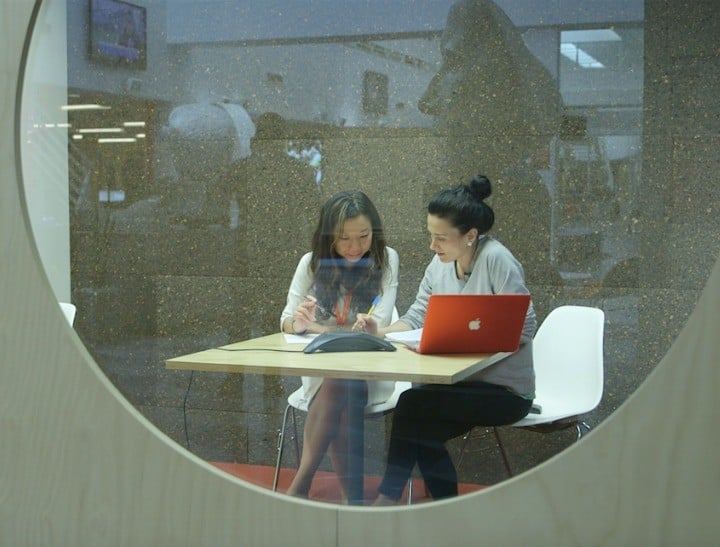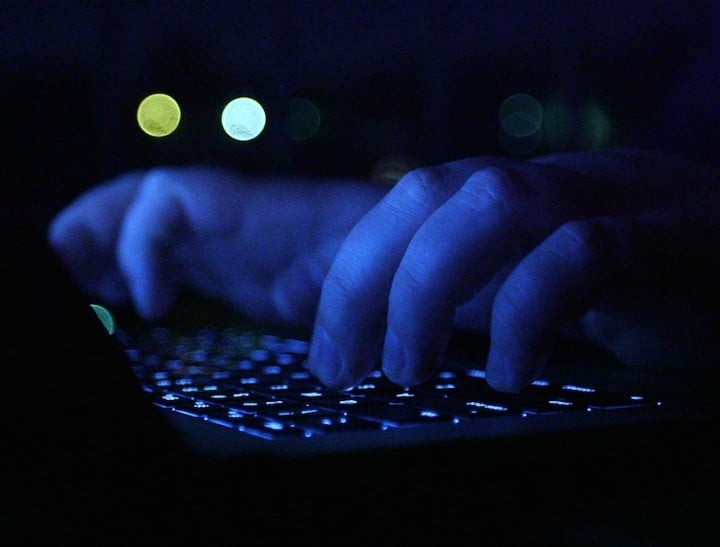
We knew that people were buying assignments online, but hiring someone to sit your exam?
“Jack” has been advertising online since 2012, specialising in finance and accounting, and has 3 years of experience sitting exams on behalf of university students.
“Shu Zhi” guarantees a distinction “or above”, and can sit a range of exams, from basic statistics to corporation law.
These are two of the “exam masters” who are pimping out their brains to students at some of the country’s top universities. For $3500, “Jack” says he can sit your exam. For $5000-6000, he’ll do an entire subject — from start to finish.
Their customers are people like the Deakin University student in Melbourne who says he failed eight subjects in his first year of uni, and then decided it was better to pay someone else to do them for him.
We began our investigation into student cheats off the back of a report by a University of Sydney task force that looked at academic misconduct within its own walls.
The report was surprisingly frank — it acknowledged that there is “clear, and clearly significant, underreporting and under detection at the university”. It admitted that there are gaps in the data because, while some faculties and schools are proactive about recording and weeding out cases of academic misconduct, others are not.
I was interested in the motivations for the cheats, and the nerdy entrepreneurs who are helping them.
Why are they doing it, and how are they evading detection?





























































































